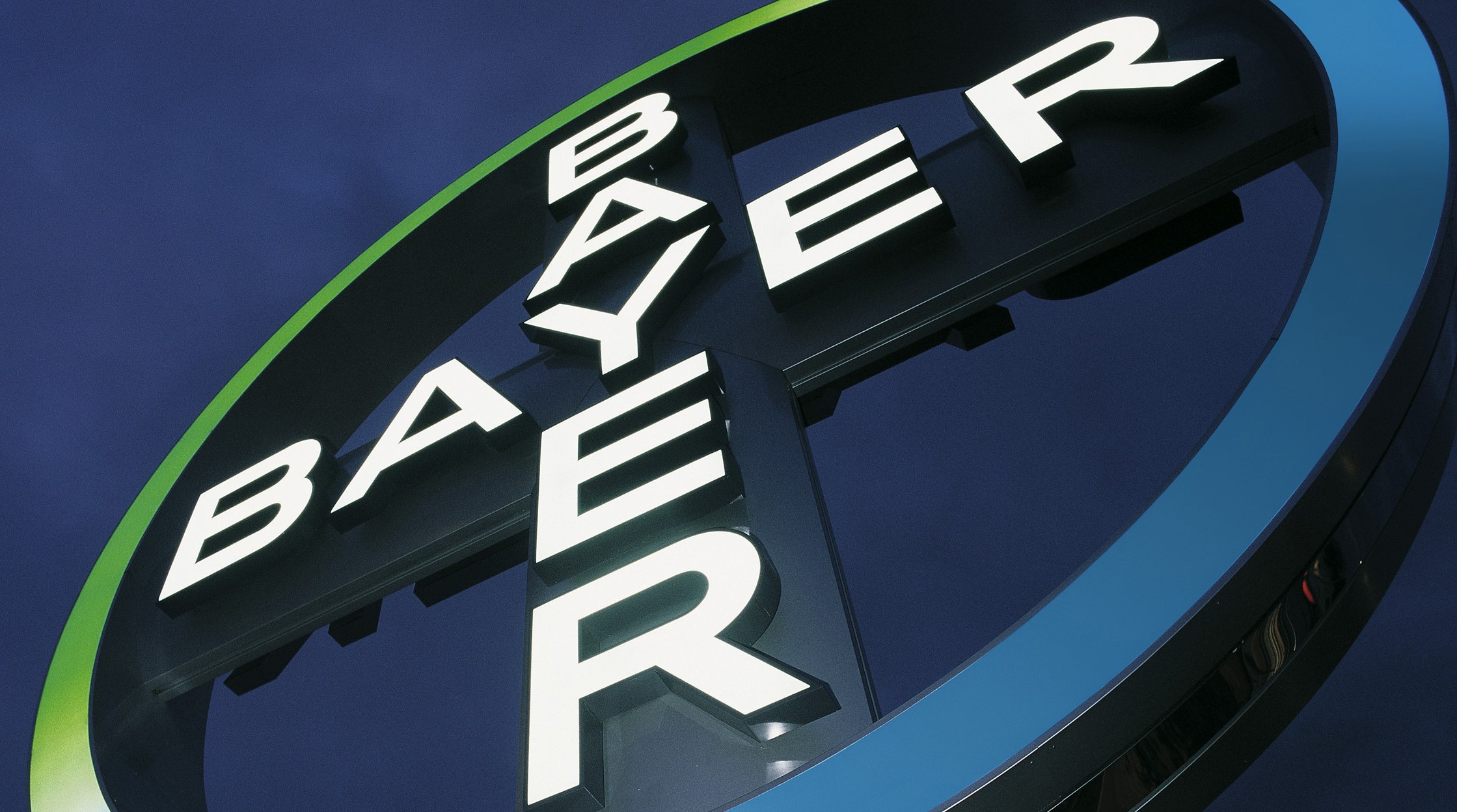Bayer takes control of Loxo duo as Lilly closes takeover

Bayer has acquired full rights to two drugs partnered with Loxo Oncology, on the same day that the biotech was taken over by Eli Lilly in an $8 billion deal.
Bayer first partnered with Loxo on the two TRK inhibitors – Vitrakvi (larotrectinib) and LOXO-195 – back in 2017, paying $400 million upfront for the pair with the total value including milestones upwards of $1.5 billion. The deal included an option to take full control of the drugs if Loxo was acquired, and as soon as Lilly’s deal went through Bayer moved swiftly to take full control of them.
Vitrakvi was approved by the FDA last November for patients with advanced solid tumours with an NTRK gene fusion, and filings in Europe and other markets are in play. Follow-up LOXO-195 – now renamed BAY 2731954 – is in phase I/II testing as a rescue therapy for patients who fail initial anti-TRK treatment.
Vitrakvi is the first TRK inhibitor to reach the US market and also the first drug to have been approved by the FDA initially as a so-called ‘tumour-agnostic’ therapy, in other words treating cancer based on a molecular signature rather than the site of the tumour in the body. NTRK fusions are seen in around 1% of all solid tumours, equivalent to 2,500 to 3,000 US patients every year.
Previously, Merck & Co’s PD-1 inhibitor Keytruda (pembrolizumab) became the first tumour-agnostic drug to get approval when it was cleared by the FDA for microsatellite instability-high (MSI-H) cancers.
While certainly factored into Lilly’s acquisition plan, the divestment of the duo to Bayer means that Lilly has fewer assets to justify the price tag for Loxo, although it stands to receive a royalty stream for both drugs. Prior to Lilly’s takeover Loxo had co-promotion rights to the two products in the US.
Lilly is gambling that Vitrakvi’s approval – and sales forecasts that some analysts predict could reach $1 billion or more – will bode well for the remainder of Loxo’s pipeline, which is heavy with drugs that adopt the same tumour-agnostic strategy.
One of the main challenges will be encouraging diagnosis of the tumour biomarkers to identify eligible patients.
Heading Lilly’s newly-acquired cancer assets is LOXO-292, an oral RET inhibitor that Loxo and Lilly say is a first-in-class drug that could reach the market next year. It has a breakthrough designation from the FDA for RET fusion-positive cancers, and generated encouraging phase I/II data at last year’s ASCO conference.
Following after in the pipeline are LOXO-305, an oral BTK inhibitor also in phase I/II that is a potential rival to Janssen/AbbVie’s blood cancer blockbuster Imbruvica (ibrutinib), and various preclinical candidates.













